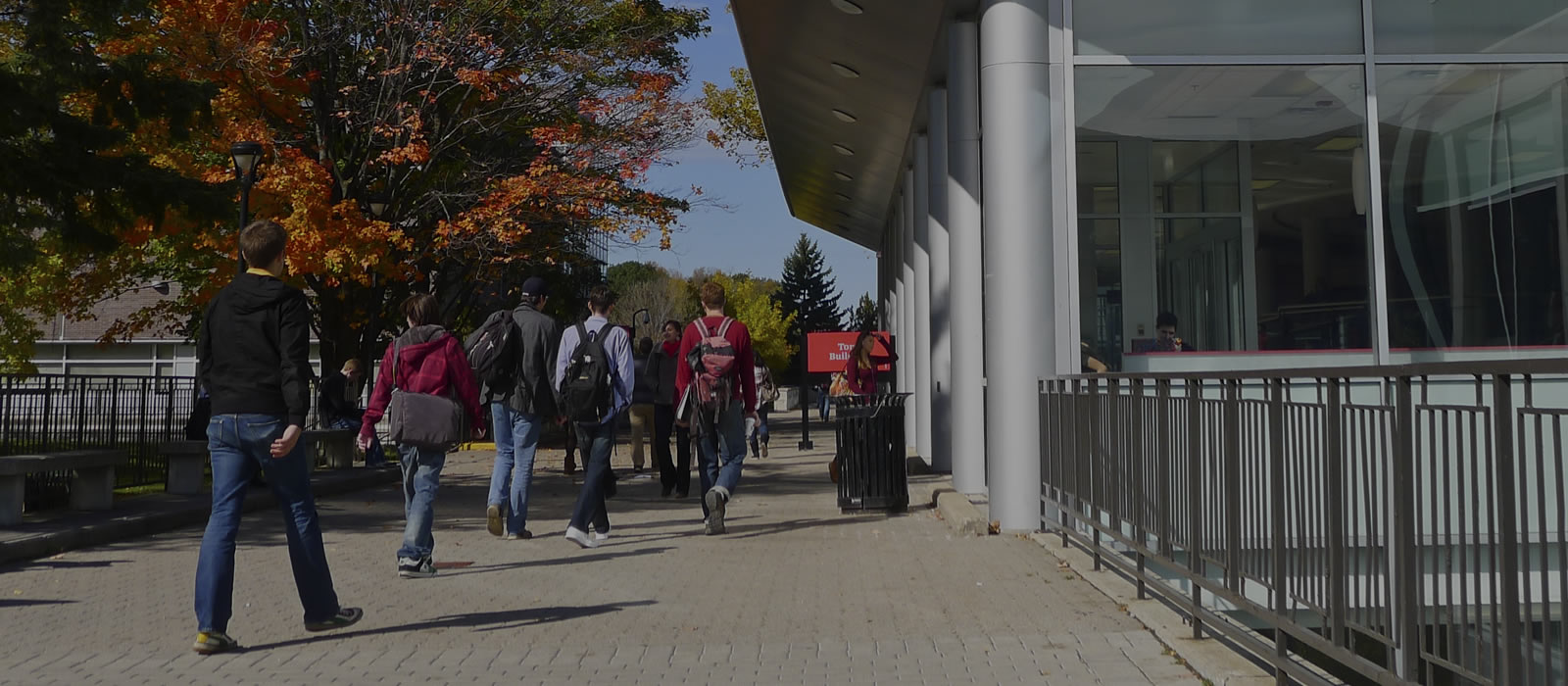The benefits of physical activity are well known and plentiful. Due to these benefits, engaging in physical activity has been recommended by the WHO and the Government of Canada. However, access to physical activity isn’t always easy or straightforward. Barriers to physical activity prevent certain groups of people from accessing and engaging in physical activity or movement.
People living in marginalizing conditions such as those with experiences of trauma, domestic and/or sexual violence, and unsafe or unstable housing are at a higher risk of inactivity due to the various barriers they face.
Barriers to physical activity can include:
- Appropriateness of programming
- Perceived personal and community safety
- Availability of childcare/sibling care
- Access to infrastructure (recreational facilities, bike lanes, etc.)
- Resources required to participate in physical activity, such as clothing, shoes, or equipment
- Transportation to and from programming
Trauma- and violence-informed physical activity (TVIPA) is an approach that aims to address these barriers by increasing the accessibility to physical activity and movement for all.
Leveraging TVIPA to support individuals who have experienced family violence: A community-based participatory approach is a 4-year project funded by the Public Health Agency of Canada that aims to leverage TVIPA to support self-identified women and children who have experienced or are experiencing family violence (FV) through community-based participatory projects and research.
